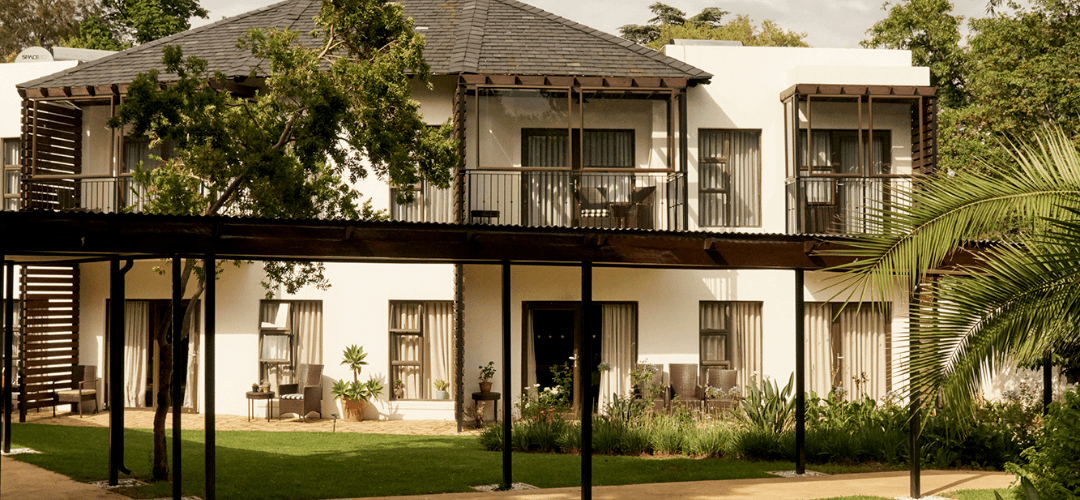Taking care of an elderly loved one at home can take a heavy toll on the caregiver and the family, especially if they have dementia or Alzheimer’s disease. Due to the nature of the disease, the loved one gets progressively worse over time and needs a higher level of care. It might be around this time that the family starts to discuss whether their loved one should be moved to a dementia private care home.
This is never an easy decision for any family, and everyone’s experience and situation is unique. While it’s never too late to move a loved one into private care, there are definite upsides to placing them in a facility sooner than later. It helps to be prepared by being able to recognise some of the signs that show that it could be a suitable time to move your loved one.
Aggression frequency
Many people with dementia start to act out of character, and sometimes to the extremes of physical, sexual or violent aggression. Whenever behaviours like these present, it can cause a great amount of stress for the caregiver or family members, and may even lead to resentment. Take note of your loved one’s behaviour and check in with their primary caretaker to ensure this is picked up on early.
Caregiver stress
Caring for someone with dementia brings with it tremendous stress; it takes an enormous amount of patience but also can consume most of your time. Be conscious of how you or your loved one’s caregiver are feeling, the stress of caregiving can exacerbate any minor ailments and test emotional and physical limits. Sometimes moving your loved one into a facility is best for both the caregiver and the loved one’s overall health and wellbeing.
A higher level of care needed
As the disease progresses, a person with dementia will lose most of their mobility. They will need help with almost everything, including bathing, toileting, dressing, eating, and other activities of daily living. There are risks involved in some of these tasks, but a facility is far better equipped to safely handle all of them. A dementia private care home will have the proper equipment, training and manpower to assist residents and prevent accidents from happening.
Wandering
A big concern for anyone taking care of someone with dementia is their potential to go wandering. It is most common in the later stages of dementia and can be very dangerous. Homes are easy to get out of, even if you have strict protocols, as it only takes one guest to leave a door unlocked or open. Someone with dementia could wander and get lost for hours, at risk of falling, or being in an accident, or even becoming dehydrated or developing hypothermia. In a dementia private care home the grounds are designed to allow for safe wandering and stricter security is in place so they cannot leave accidentally.
Medication management
If your loved one is under your care, all their medication management falls on you. While you will take every precaution, there are still certain signs and issues that only a medical professional will ever pick up and be able to address immediately. A dementia private care home will regulate all medications carefully, administered on a strict schedule by a medical professional with specialised training in memory care.
If your loved one shows any of these signs, and you decide to wait you might be putting yourself and your loved one at risk. On the other hand there is no downside to moving your loved one into care early either, even before they start showing these signs. The therapies available in a specialised dementia facility can do wonders for the early stages to help slow down the progression of the disease.
